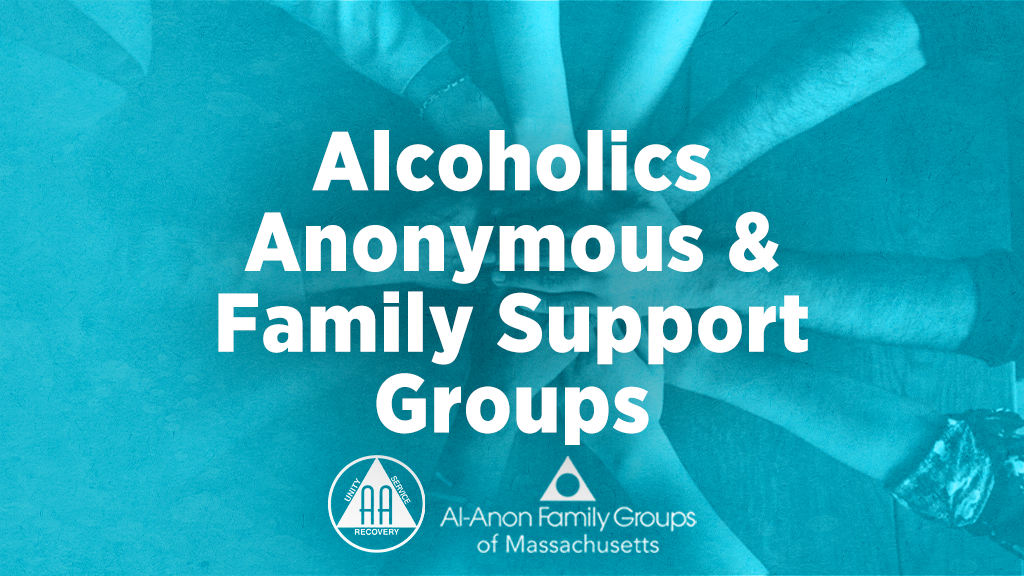
September is National Alcohol and Drug Addiction Recovery Month, also referred to as simply as Recovery Month. In honor of this observance, we're looking today at one of our care ministries - AA & Al Anon.
The relationship between faith and addiction recovery has long been a subject of curiosity and sometimes controversy within Christian communities. Yet for millions of people worldwide, the spiritual principles of Alcoholics Anonymous have provided not just a path to sobriety, but a profound encounter with grace that mirrors the very heart of the gospel.
The God Question in Recovery
When most people think about Alcoholics Anonymous, they know it involves "steps" and they've probably heard something about a "higher power." What many don't realize is how profoundly spiritual the entire program is—and how beautifully it demonstrates God's grace in action.
The 12 Steps of AA mention God or a higher power in six of the twelve steps. This isn't coincidence. The founders of AA, Bill Wilson and Dr. Bob Smith, discovered something that the church has always known: lasting transformation requires more than willpower—it requires surrendering to something greater than ourselves.
"Made a decision to turn our will and our lives over to the care of God as we understood Him."
Step 3 of Alcoholics Anonymous
That phrase "as we understood Him" represents a more profound insight than we may realize. It isn't just about theological ambiguity or denominational correctness. This is about meeting people exactly where they are in their spiritual journey—something Jesus modeled throughout His ministry.
Faith Communities and Recovery: A Natural Partnership
What the Church Can Learn from AA
Radical Honesty: In AA meetings, people introduce themselves with brutal honesty: "Hi, I'm John, and I'm an alcoholic." This level of vulnerability about brokenness is rare in many church settings, where the pressure to appear spiritually mature can prevent authentic community.
Community Without Performance: AA meetings create space for people to be broken and still belong. There's no pressure to have it all together.
Daily Dependence: The AA approach emphasizes daily surrender and dependence on a higher power. This aligns perfectly with Jesus' teaching to take up our cross daily (Luke 9:23).
What AA Can Find in Faith Communities
While AA provides incredible structure and community for recovery, faith communities offer something unique:
Ultimate Identity: AA helps people identify as "alcoholics in recovery." The gospel offers an even deeper identity—beloved children of God. According to research by the National Institute on Alcohol Abuse and Alcoholism, people with strong spiritual support systems have significantly higher recovery success rates.
Hope Beyond Sobriety: Recovery is about much more than abstinence. It's about abundant life. Jesus said, "I came that they may have life and have it abundantly" (John 10:10).
Forgiveness and Grace: While AA emphasizes making amends (Steps 8 and 9), the gospel offers complete forgiveness through Christ's sacrifice—a grace that extends beyond what human effort can achieve.
The Spirituality of Surrender
One of the most profound aspects of AA is how it mirrors the Christian understanding of surrender. Consider these parallels:
|
AA Principle |
Christian Truth |
|
Powerlessness over addiction |
"Apart from me you can do nothing" (John 15:5) |
|
Turning will over to higher power |
"Not my will, but yours be done" (Luke 22:42) |
|
Daily inventory and admission of wrongs |
"If we confess our sins, he is faithful and just to forgive" (1 John 1:9) |
|
Making amends |
"Be reconciled to your brother" (Matthew 5:24) |
Dr. Marc Galanter's research on spirituality and addiction recovery shows that spiritual practices significantly improve long-term recovery outcomes, regardless of specific religious affiliation.
AA & Al Anon at Grace Chapel
Participants in AA & Al Anon groups hosted at Grace Chapel share their experiences...
God in Recovery – Kevin B.’s Story
My first sober AA meeting was on November 10, 1982, and it changed my life forever. At that meeting, I discovered two things: God and recovery. By His grace, I have been sober ever since.
The foundation of my sobriety is my personal relationship with Jesus Christ. My story is simple—it’s not really about me. It is about the powerful, restorative help available through Him.
When I hit rock bottom, I was living at the Pine Street Inn and on the Boston Common. At my very first meeting, someone suggested I ask God for help. That’s exactly what I did. I went to meetings every day, prayed for help, and God began to work in ways I never could have imagined.
In 1983, my wife divorced me after a year of sobriety. Six years later, by God’s intervention, He brought us back together, and we remarried in 1989. We’ve been happily married since, and even started a second family. Only God could restore a relationship so broken.
In 1992, I crossed paths with Artie, someone I had known from high school and from recovery. He explained to me, over and over, how I could have a personal relationship with Jesus Christ. Over the next few years, he invited my wife and me to Grace Chapel for services, small groups, and events. Through his encouragement, I began to understand that the emptiness I tried to fill with earthly things could only be satisfied by Jesus Christ. Once I let Him fill that void, my recovery truly took off.
Today, I remain active in AA, attending about five meetings per week. My journey has always included growing closer to Christ—through Bible studies, small groups, and my long-time membership here at Grace Chapel. I’ve been blessed by the support of the pastors and leaders here, especially Pastor Ruthie and Pastor Sunny, who have played a big role in my recovery.
Each morning I begin my day on my knees, asking God for help. The message I hear is this:
“Good morning, Kevin. This is Jesus. I’ll be handling all your problems today—and I won’t need your help. Have a great day.”
That daily surrender shapes my life. My focus is to trust God, clean house, and help others.
Faith doesn’t make life easy, but it makes the impossible possible. AA has given me a community where everyone pulls for each other, and I’ve learned that God is always looking for willing participants. Through His strength, there is always a way out.
I’ve come to the conclusion that Jesus Christ is the answer to all my problems today. Whenever I find something not to my liking, I remind myself that the change needed is in me, not in the world around me.
I’d like to close with this verse:
Jeremiah 17:7–8 – “But blessed is the one who trusts in the Lord, whose confidence is in him. They will be like a tree planted by the water that sends out its roots by the stream. It does not fear when heat comes; its leaves are always green. It has no worries in a year of drought and never fails to bear fruit.”
Recovery, Faith, and Freedom: My Journey in AA and Al-Anon - Kevin O.'s Story
If you’ve ever struggled with addiction yourself—or loved someone who has—you know the way it can cast a long shadow over every part of life. For me, that shadow lasted many years. But through recovery and faith, I’ve discovered healing, freedom, and hope. I want to share my story because I believe that if God could do this in me, He can do it for anyone.
Finding Freedom in AA
My name is Kevin O, and I’ve been a grateful member of Alcoholics Anonymous for more than 40 years. Before AA, my life was filled with fear, shame, and emptiness. I believed in God, but I relied only on myself—and it wasn’t enough.
When I walked into my first AA meeting, I was broken and afraid. Instead of judgment, I found love and hope. People who had once been as hopeless as I felt were now living sober, meaningful lives. They welcomed me in and told me to “keep coming back.”
The Twelve Steps gave me a blueprint: admitting I was powerless, surrendering to God, making amends, and helping others. Over time, my life became more stable, my relationships more honest, and my faith more real. By God’s grace, I’ve now been sober for 31 years.
A New Layer of Healing in Al-Anon
Even after decades of sobriety, I realized I was still struggling—with control, resentment, and fear. That’s when I found Al-Anon.
Al-Anon taught me that alcoholism is a family disease, and I had been living with its effects for years. It showed me I didn’t cause it, I can’t control it, and I can’t cure it. But I can change myself. That shift has been liberating.
AA freed me from alcohol. Al-Anon freed me from obsession and resentment. Together, they’ve given me peace and serenity I didn’t think was possible.
Growing in Faith at Grace Chapel
The Steps point directly to faith: turning my will and life over to God’s care. At Grace Chapel, my faith has become personal and alive. The Alpha Course gave me space to ask questions, connect with others, and grow spiritually.
Today, the Serenity Prayer is my daily compass, and Scripture reminds me that God’s power is made perfect in weakness. Surrender isn’t defeat—it’s where I’ve found real strength.
Lessons from the Journey
- Take it **one day at a time**.
- **Let go and let God**—control isn’t mine to carry.
- **Service keeps me sober**—giving back keeps me well.
- Faith and recovery are stronger **together**.
Why I Share
Addiction affects more than just the person drinking—it touches families, relationships, and communities. That’s why AA and Al-Anon matter, and why I keep sharing my story. Walking into a meeting for the first time can change a life—just like it did for me.
Closing Reflection
If you or someone you love is struggling, please know this: you are not alone. Healing is possible, hope is real, and there’s a community ready to walk with you—one day at a time.
If you or someone you know is struggling with addiction, the National Helpline (1-800-662-4357) provides 24/7 treatment referral and information services. Grace Chapel also offers care ministries for various life struggles.
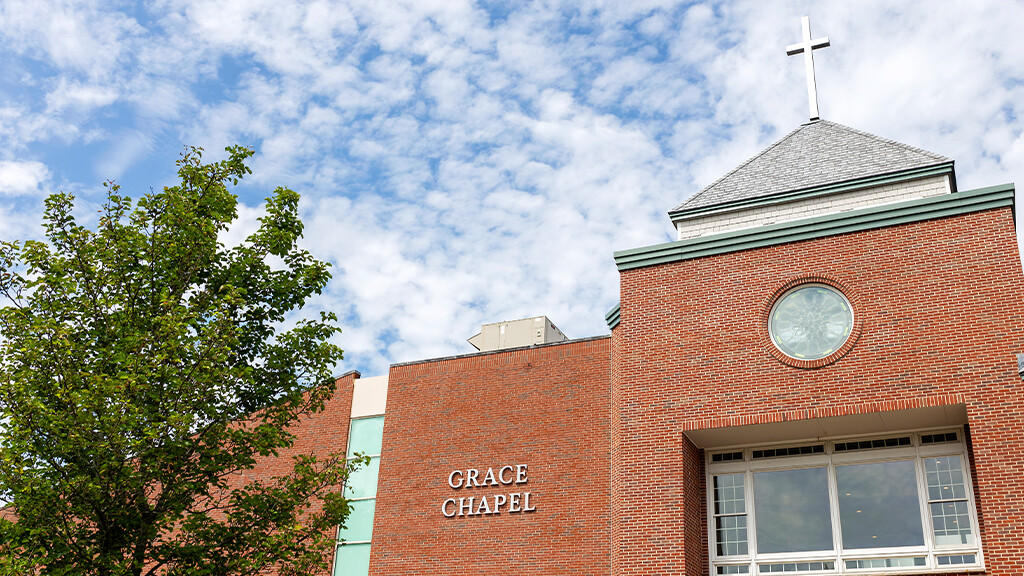
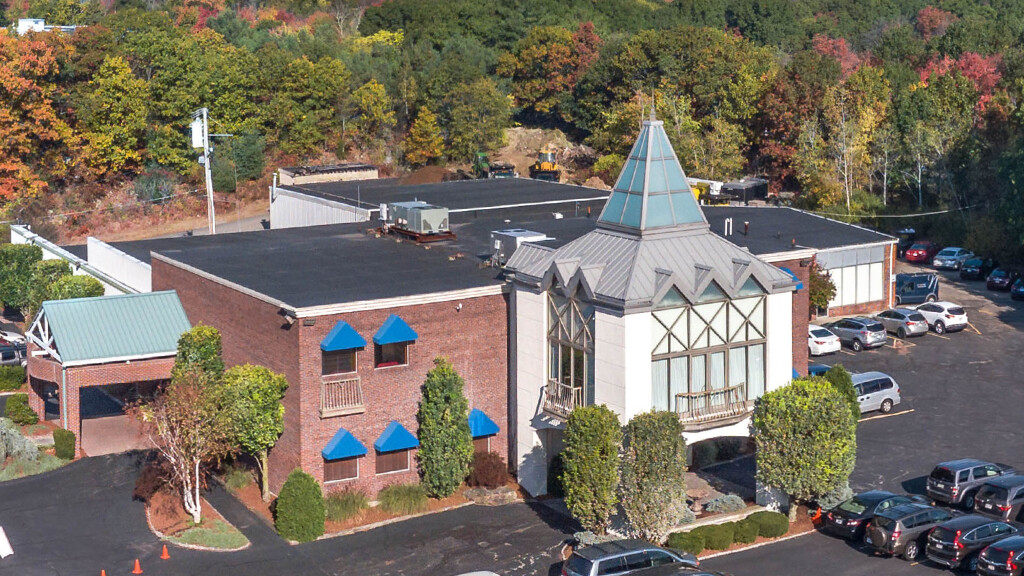
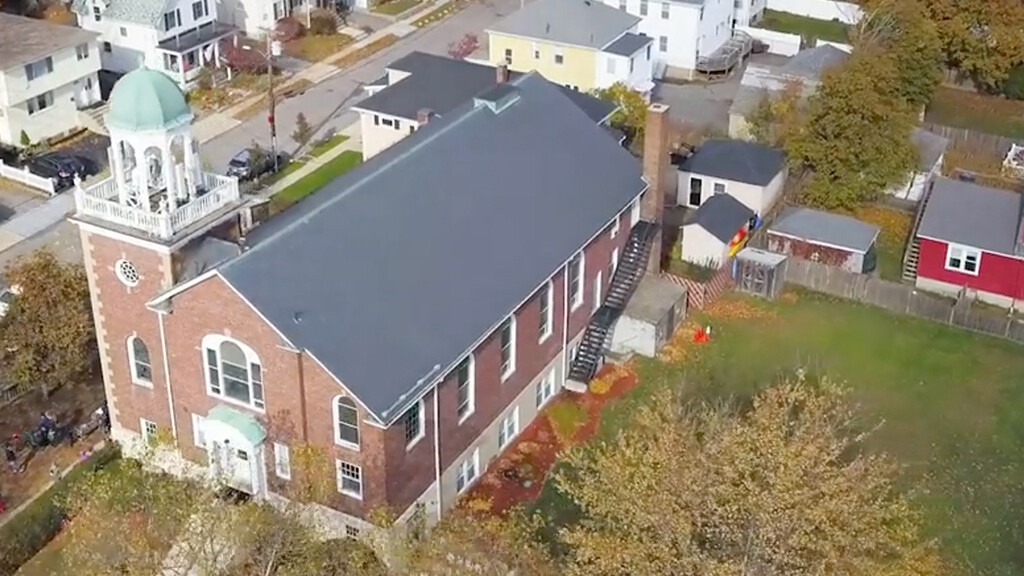
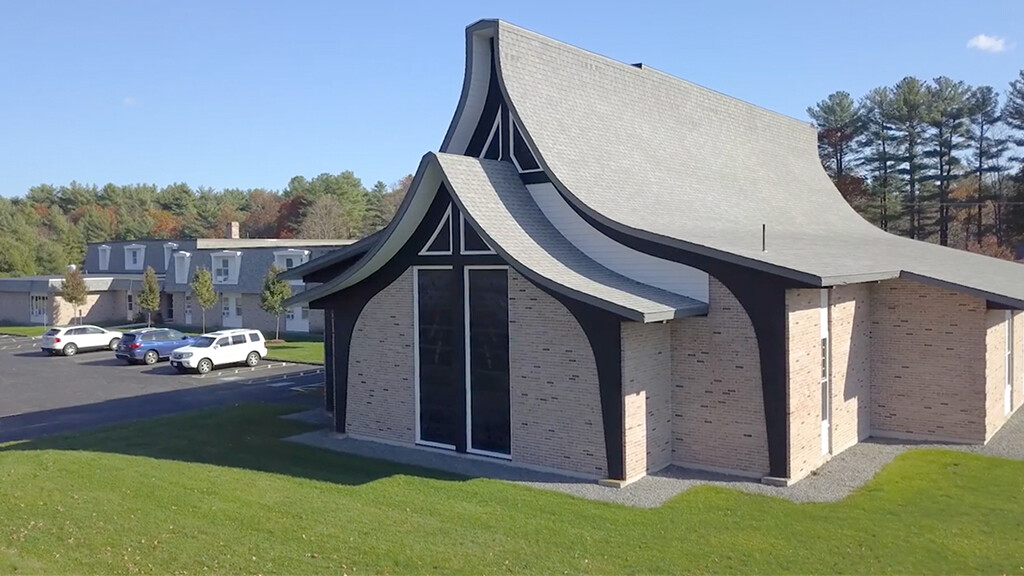




Login To Leave Comment